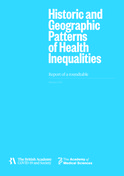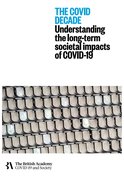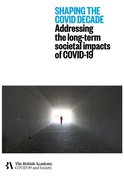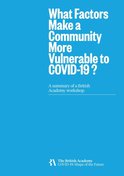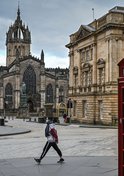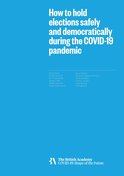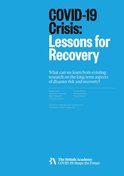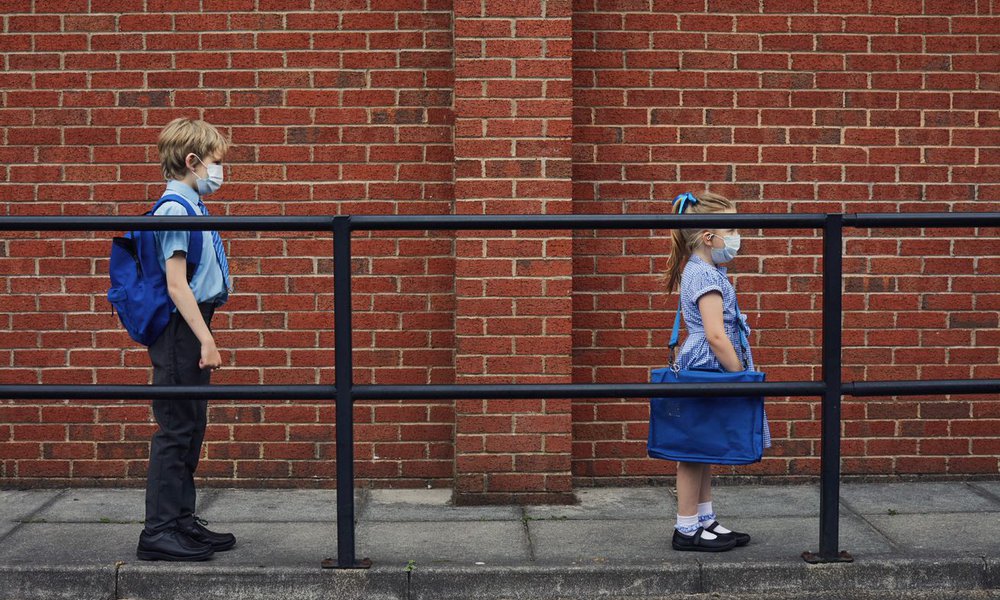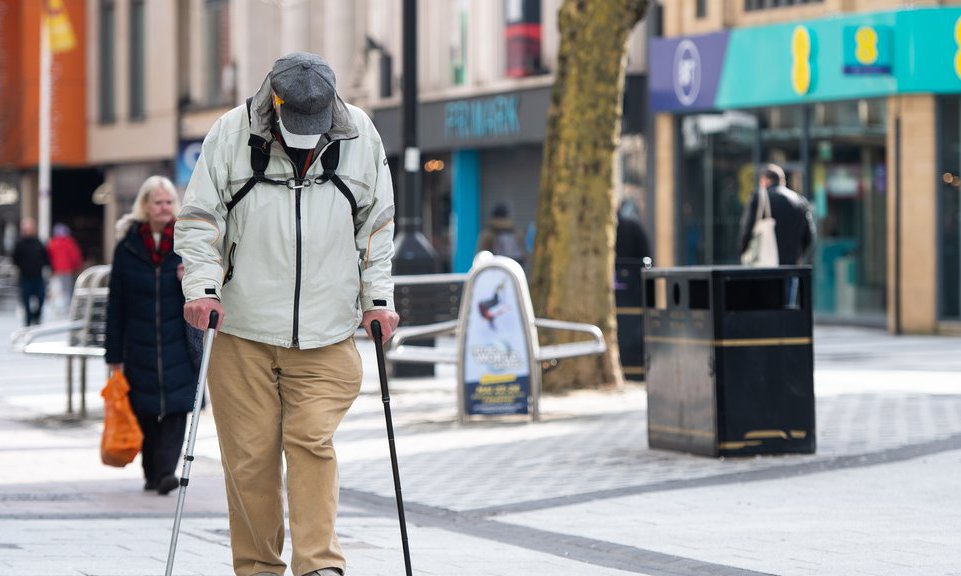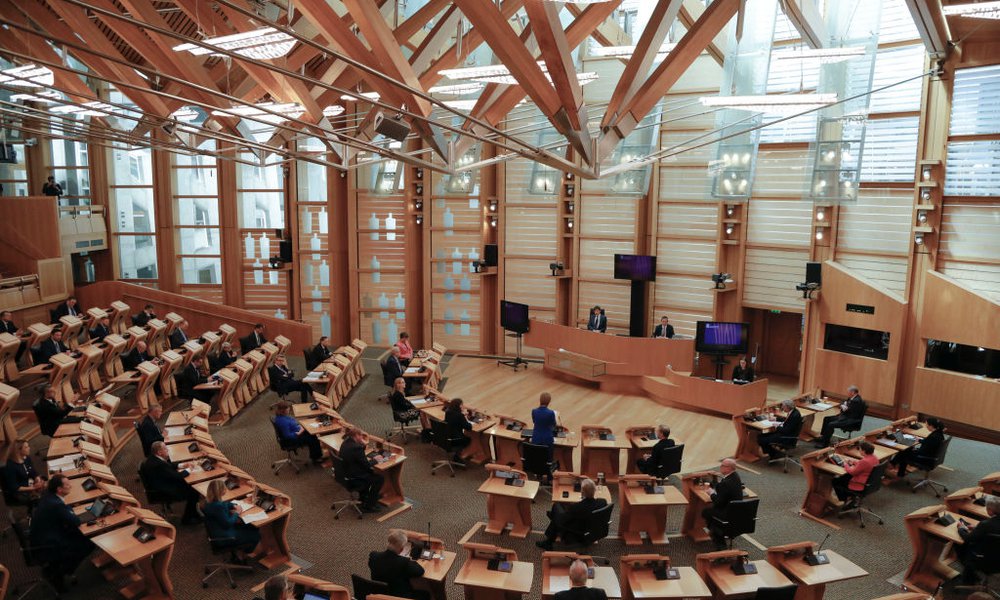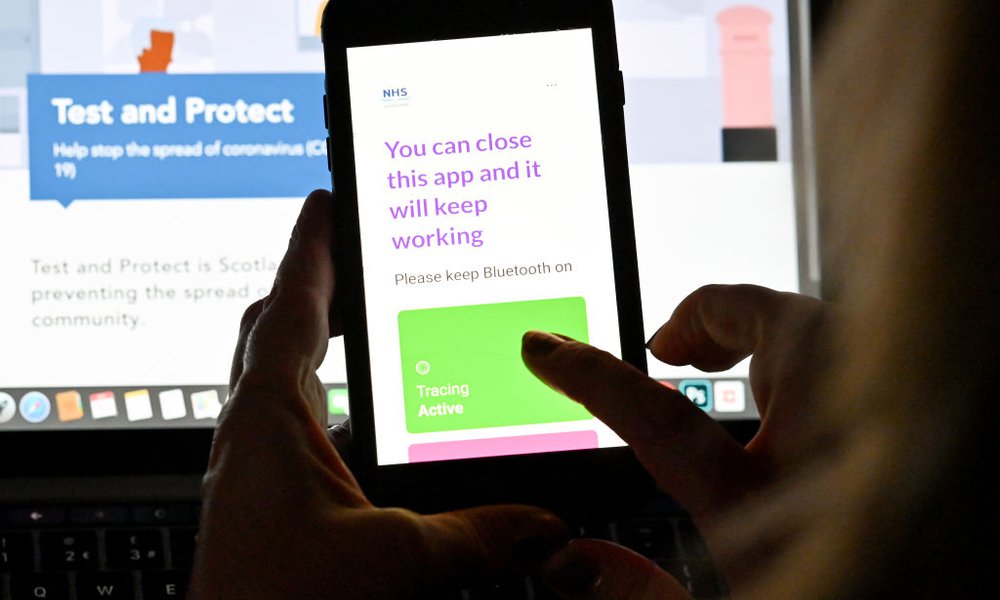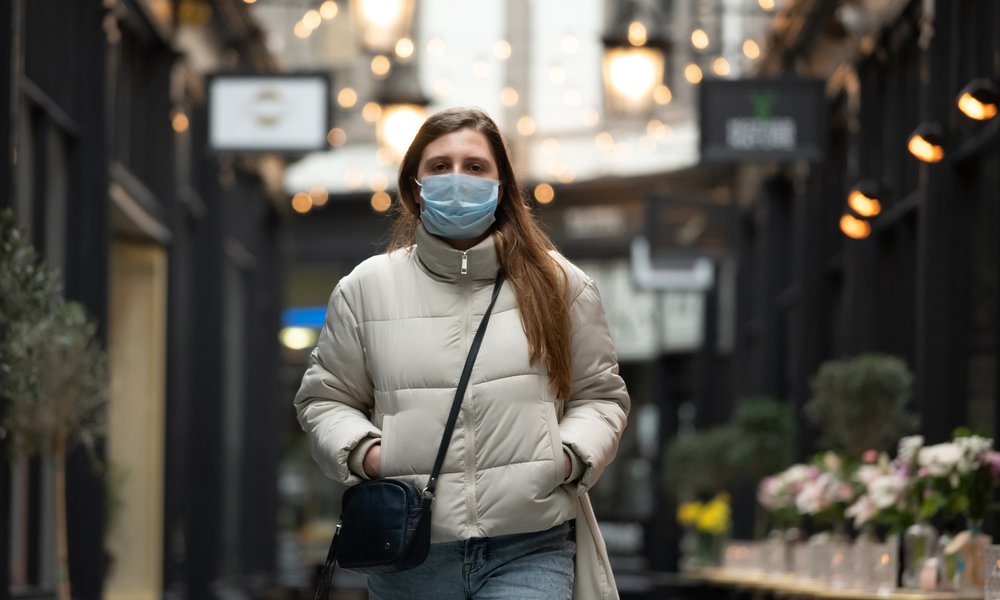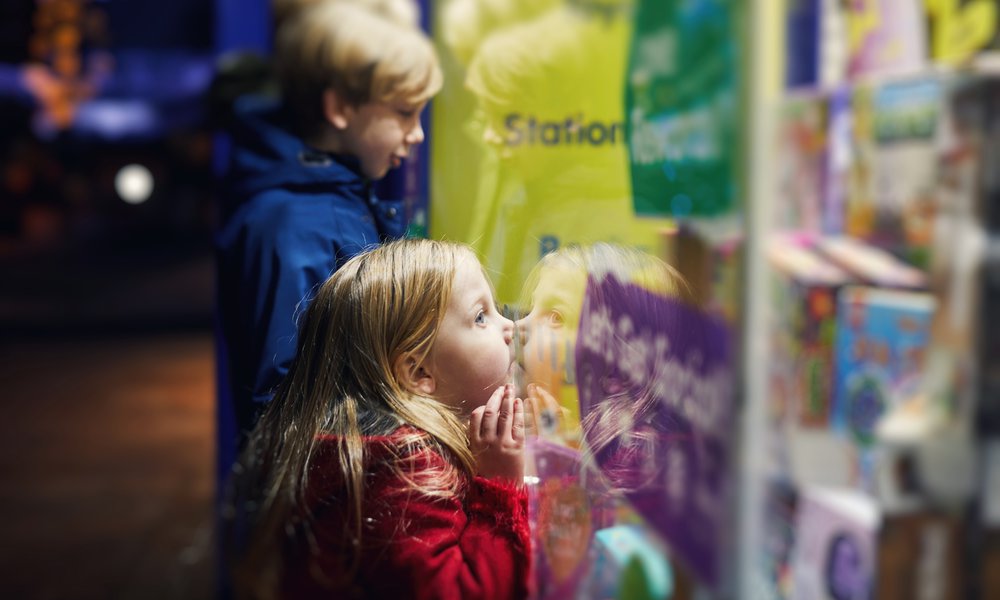COVID-19 – Shape the Future
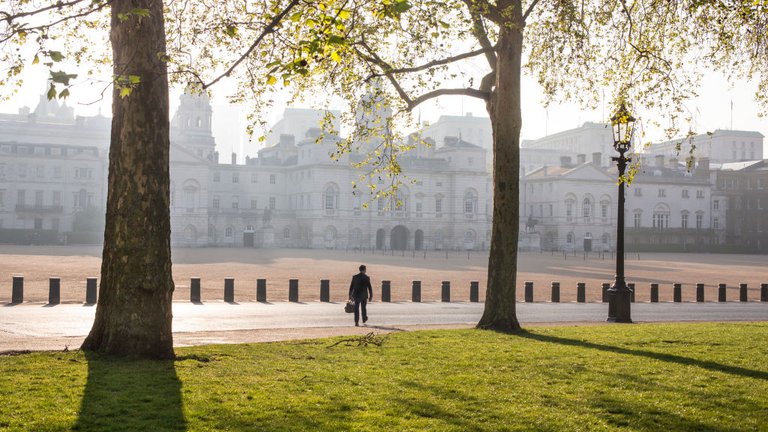
- Departments
- Policy, International
- Programme status
- Ongoing
Aims
Shape the Future brings together insights from the social sciences, humanities and the arts together to consider sustainable and equitable routes for recovery and regeneration following the Covid-19 crisis. We have been convening our community in ways we have never done before, bridging across sectors and disciplines, integrating insights to help inform policy, and encouraging interdisciplinary learning.
Activities
The activities we deliver will use the expertise of the Academy and its communities, drawing on some of the UK’s, and the world’s, top experts across the humanities and social sciences, and utilising our ability to link both to culture and the arts, and to ideas and insights from the natural sciences.
An initial series of workshops brought together researchers and stakeholder across our community to review the landscape, explore the knowledge base and consider visions of the future. Initial, policy and practitioner-focussed summaries of these workshops fed into the Academy's independent review of the long-term societal impacts of Covid-19, The Covid Decade.
The Academy will continue to provide a platform to use our communities’ expertise to convene an inclusive, interdisciplinary response to how we recover and look beyond the global pandemic to shape a positive future. Future work will continue to develop the evidence base and discussion around the three core themes of the Covid Decade project: health and wellbeing; communities, culture and belonging; and knowledge, skills and employment.
Projects
COVID-19 and Society: Shaping the COVID Decade
A major independent review looking at the long-term societal effects of the COVID-19 pandemic, across the areas of Health and wellbeing; Communities, culture and belonging; and Knowledge, skills and employment.
Publications
Historic and Geographic Patterns of Health Inequalities
March 2022
In November 2021, the British Academy, in partnership with the Academy of Medical Sciences, convened a roundtable on geographic and historic patterns of health inequalities in the UK.
The COVID Decade: understanding the long-term societal impacts of COVID-19
March 2021
This report outlines the evidence on the long-term societal impacts of COVID-19 across a range of areas, building upon a series of expert reviews, engagement, synthesis and analysis across the SHAPE research community.
Shaping the COVID decade: addressing the long-term societal impacts of COVID-19
March 2021
This report sets out an interrelated set of nine areas of long-term impact, seven strategic policy goals and five key principles of a facilitative policy environment for 2030. We aim here to provide decision-makers with a sense of how to start to respond to these longer-term impacts based on the current evidence, and how to shape the COVID decade.
COVID-19 vaccine deployment
A rapid review of the science of the behavioural aspects of vaccine uptake and misinformation.
November 2020
What factors make a community more vulnerable to COVID-19?
November 2020
A summary of a British Academy workshop examining the factors that make a community more vulnerable to COVID-19 and outlining ways that central and local governments can more effectively prepare for future waves of the virus.
How the social sciences, humanities and the arts can SHAPE a positive, post-pandemic future for peoples, economies and environment
October 2020
This paper summarises the discussions held during twenty policy and research workshops which considered topics under three broad themes relevant to the post-pandemic future: revitalising societal well-being, recreating an inclusive economy around purpose, and revisiting the histories and cultures of science, policy and politics.
Economic Aspects of the COVID-19 Crisis in the UK
August 2020
This report proposes a cautious and prolonged reopening strategy over an abrupt end to lockdown measures to allow the economy to restructure around physical distancing requirements – a likely feature of the “new normal”.
How to hold elections safely and democratically during the COVID-19 pandemic
August 2020
This briefing draws on existing experience of elections held during the COVID-19 pandemic and previous health crises to address five areas of vulnerability: inclusive and accountable electoral management, poll worker safeguarding, interinstitutional collaboration, feasible and effective election observation, and the risk of electoral violence.
COVID-19 Crisis: Lessons for Recovery
July 2020
This briefing highlights key insights from research on other crisis situations that we hope can inform recovery from the impacts of COVID-19 as well as management of responses to future pandemics.
Face masks and coverings for the general public: Behavioural knowledge, effectiveness of cloth coverings and public messaging
June 2020
This rapid review of the science of the effectiveness of different face mask types and coverings and behavioural adherence is from the Royal Society and the British Academy to assist in the understanding of COVID-19.
10-Minute Talks: COVID-19 and inequalities
23 Sep 2020 Professor Fiona Williams FBA
Fiona Williams FBA discusses the ways in which COVID-19 has amplified existing inequalities and created new insecurities.
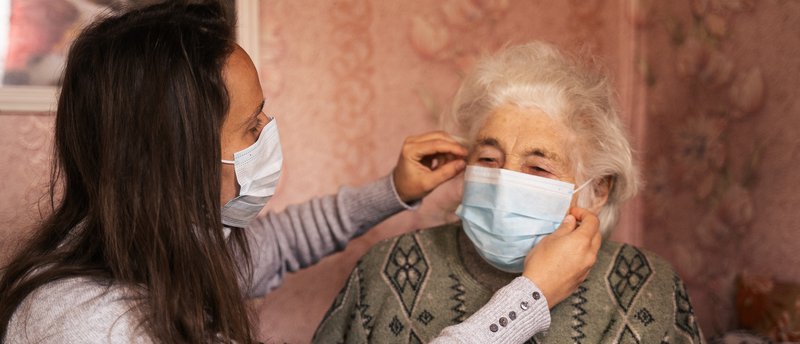
Podcasts
Confronting COVID-19: nudge and sludge
Hetan Shah and Professor Cass Sunstein FBA
Based on an idea popularised by Cass Sunstein and Richard Thaler, nudge theory encourages us to do the “right thing” by making the desired action easy, more obvious and more normal. But how far does nudging work in the context of a global pandemic, and what are its limits?
Is COVID-19 a turning point in history? Learning from the past
Hetan Shah and Professor Margaret MacMillan Hon FBA,
The course of human history has been shaped by war, disease and natural disaster. Whether the Black Death, world wars or COVID-19, these crises have sent shockwaves across the globe but how can insights from the many catastrophes of the past can help us to make sense of the present?
Artists in times of crisis
Samira Ahmed and Professor Sir Simon Schama FBA
Some of the greatest works of arts, from Goya’s The Disasters of War to Picasso’s Guernica, have been produced during troubled times. In this event, Simon Schama recounts the remarkable stories of artists who, under extreme stress, have created something unprecedented, altering the course of art forever.
Culture in crisis?
Matthew Sweet and Professors Isobel Armstrong FBA, Ian Christie FBA, John Sloboda FBA, Dame Marina Warner FBA,
Creatives have risen to the challenge of sharing – and championing – culture online, but fear for the future of the entire sector remains. Can virtual venues ever replace the thrill of a live performance?
COVID-19 public inquiry – a case of when, not if?
Professor Conor Gearty FBA
The pandemic of 2020 has caused untold disruption around the world, and the United Kingdom has suffered particularly seriously. What kind of public accounting will there be for the way in which the virus has played out in Britain?
Funded Projects
External links
How is the current crisis affecting how we eat?
Science Advice for Policy by European Academies
Thinking big about the future of society
Global Science TV
